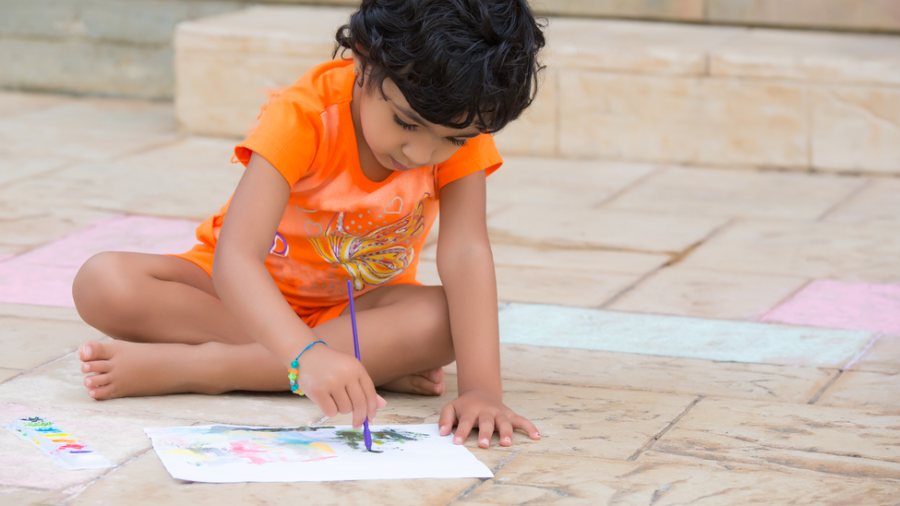Some of the children who were born during the Covid pandemic or were toddlers during that period are showing signs of speech delays, said psychiatrists, child specialists and teachers.
These children grew up in closed situations with lack of early stimulation from the environment. That and the “enforced increase” in screen time are resulting in delays in reaching age-appropriate language milestones, said experts.
Apart from doctors who are noticing signs of speech delays in children who are being brought to them by parents, teachers are being alerted by some of the signs during their interaction with kids for admission to pre-primary classes.
There was very little interaction between peer age groups during the pandemic, which only heightened the effect of lack of socialisation.
Children’s communication skills also suffered because many had a device at their disposal during the pandemic, doctors said.
Many children did not feel the need to speak because their demands were met, a psychiatrist said.
“After the Covid pandemic, I have seen a significant increase in the number of children with speech delays. For a considerable period of time during the pandemic, a child grew up in a situation where there was lack of early stimulation. Added to it was an ‘enforced increased’ screen time. There has been a delay in the acquisition of the language milestone,” said psychiatrist Jai Ranjan Ram.
Ram said social communication had “drastically reduced” for a child.
Most of the children who are coming to clinics are in the age group of three to five years. A few are of age six or seven years as well.
Doctors look for age-appropriate language milestones when the children come to their clinics.
“At the age of 18 months to two years, a child usually develops adequate non-verbal communication. At the age of two, it is non-verbal communication and a vocabulary of two to five words,” said paediatrician Shamik Ghosh.
“Once social interaction is introduced and the child goes to a preschool or interacts with others of the same age group, there is a need to care and share, to identify objects. And the vocabulary of the child jumps. At two years and six months, a child has a vocabulary of 25 to 30 words and can speak in short phrases. At around three years, a child can speak short sentences. We define speech delays based on the failure to reach the age-appropriate language milestone,” Ghosh said.
“Peer interaction to augment vocabulary surely got impeded during the pandemic,” said Ghosh.
Schoolteachers said parents, too, are responsible for the speech delays because many of them, instead of trying to make a conversation with the child, handed him or her a device.
Recently, during an interaction for pre-primary admission, a three-year-old was barely speaking. The interviewer told the parents, a working couple, that the child had to be spoken to.
The mother immediately responded that they would keep “a staff to speak to the child”.
In another instance, at a doctor’s clinic, a three-year-old child was speaking in English, a language in which his Bengali-speaking parents cannot converse.
For six to eight hours a day, the child was fed on cartoons, which the parents thought could teach the child English.
“There are instances when children are getting addicted to phones. Speech delays get augmented by excessive screen time,” said paediatrician B.K. Manocha.
Psychiatrist Sanjay Garg said he has seen three-year-olds responding in monosyllables and five-year-olds unable to frame a sentence.
“Parents, too, don’t have guidance. They fulfil the needs of the child even before they utter a word. The child does not feel the need to speak,” said Garg.
Seema Sapru, principal of The Heritage School, has seen children with speech delays during the admission interaction.
“Even if parents are busy, they have to spend a certain amount of time with the child,” she said.
Amita Prasad, director of Indus Valley World School, said she has noticed a jump in the number of children with speech delays. “When we ask parents about it, most of them say they have consulted doctors,” she said.
Doctors are advising more peer group interaction. “Once the peer group interaction starts, parents should wait at least six months for results to show. One cannot expect results in a fortnight or a month,” paediatrician Ghosh said.
